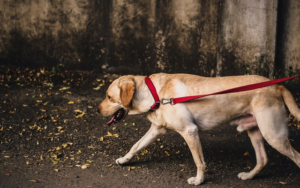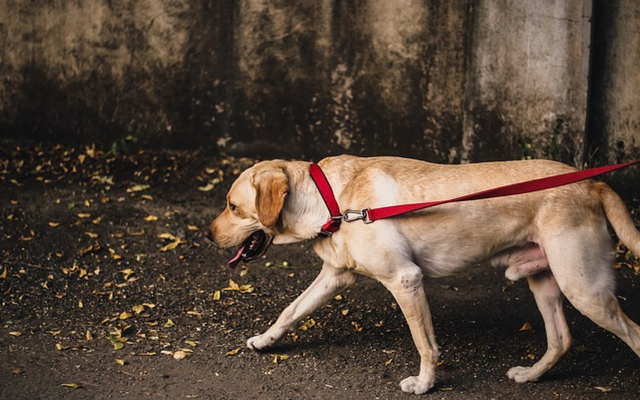
If you want to be a professional dog walker, starting your business is relativity easy. You’ll need a general understanding of dog behavior and the confidence to keep track of a pack of potentially unruly clientele, but one thing you won’t need is a special license. Realtors, contractors, cosmetologists—all these career fields require special licenses, but dog walking isn’t one of them. The path to becoming a dog walker is comparably clear, but that status is set to change for certain cities.

Cities like Seattle are considering implementing new regulations that would require all professional dog walkers to take a special class. If they pass the test at the end of the class, they earn the chance to pay a significant amount of money to maintain a dog walker’s license. The idea is to create accountability and professionalism within the job, and dog owners and lawmakers alike think it’ll work.
While dog owners treat their pets like family, Seattle citizens are noticing a trend of dog walkers slacking off. Atina Tan, a professional dog walker and frequent visitor of the city’s off-leash dog parks, told KOMO News,
“I’ve seen dog walkers coming in and dumping their dogs and not really picking up after them and not being on top of their behavior.”
The proposed licensing law wants to alleviate some of the wear and tear currently making a mark on the city’s parks. It’s under discussion that with the license, dog walkers will be limited to taking only 10 dogs into a park at a time. Others say eight dogs is a fair limit.

Limiting the number of dogs might cut down on park maintenance, but it will also affect how much money a dog walker can make per walk. Their total profit will potentially take a hit, and the license will put them back $100 before they even clip on their first leash.
Supporters of the idea see the new licensing arrangement as a way to create transparency between dog walker and dog owner. It’ll give dog owners peace of mind in knowing the person they hire is serious about their job, and the theory is it’ll prevent irresponsible dog people from scamming clients and neglecting their canine charges.

On the other paw, some view the licensing program as a waste of effort by local government and too restricting for dog walkers. The decision to license or not to license is up to state law. If Seattle, Washington decides to implement the change, Portland, Oregon less than three hours away doesn’t have to. Tyler Cowen, author of a commentary article in the Chicago Tribune points out irregularities between states create an unexpected hurdle for people who move between state lines. Cowen proposes the decision to license local professionals should be up to the federal government, not individual states. He writes,
” The federal regulatory process would likely pay less heed to local special interests, and it would produce a more homogenized and less idiosyncratic body of regulatory law more geared toward the most important cases, such as medicine and child care. The federal government is less likely than many state and local governments to obsess over licensing rules for fortunetellers, florists and athletic trainers.”
Seattle’s proposed licensing law is still in the planning stages. Government officials are working out the details before they decide to take the idea to a vote. For now, professional dog walkers are free to work and walk sans license, but they’re preparing for possible change.
We want to know: what do you think about requiring dog walkers to obtain licenses?
h/t: KOMO News, Chicago Tribune, NOLO
via Whisker Therapy